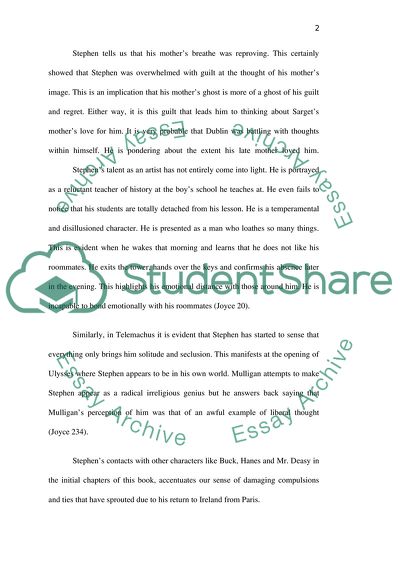Cite this document
(“The Ulysses Figure and Protagonist of the novel Essay”, n.d.)
The Ulysses Figure and Protagonist of the novel Essay. Retrieved from https://studentshare.org/literature/1619029-the-ulysses-figure-and-protagonist-of-the-novel
The Ulysses Figure and Protagonist of the novel Essay. Retrieved from https://studentshare.org/literature/1619029-the-ulysses-figure-and-protagonist-of-the-novel
(The Ulysses Figure and Protagonist of the Novel Essay)
The Ulysses Figure and Protagonist of the Novel Essay. https://studentshare.org/literature/1619029-the-ulysses-figure-and-protagonist-of-the-novel.
The Ulysses Figure and Protagonist of the Novel Essay. https://studentshare.org/literature/1619029-the-ulysses-figure-and-protagonist-of-the-novel.
“The Ulysses Figure and Protagonist of the Novel Essay”, n.d. https://studentshare.org/literature/1619029-the-ulysses-figure-and-protagonist-of-the-novel.


